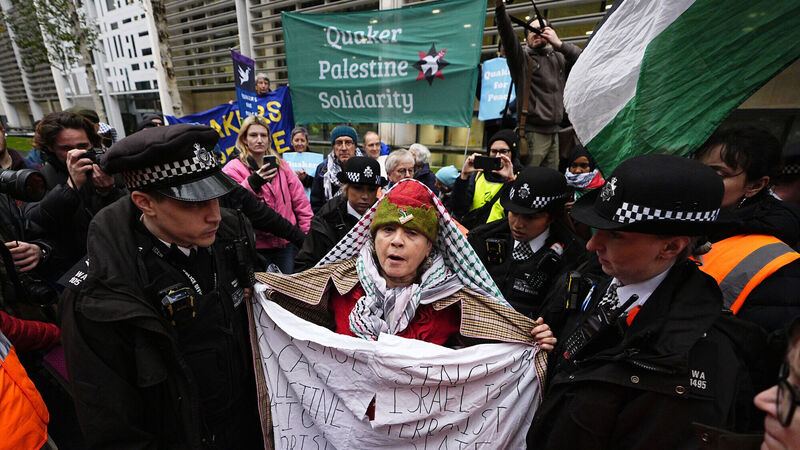Shabana Mahmood is here to free Britain of its anxieties with anti-immigrant policy

Protesters have vowed there will be civil disobedience across Britain after home secretary Shabana Mahmood announced police are to be given greater powers to restrict protests by allowing them to consider the ‘cumulative impact’ of repeated demonstrations. Picture: Aaron Chown/PA
Over the past couple of weeks, British home secretary Shabana Mahmood has launched not only her new asylum crackdown policy but also her “story”.
The two are inseparable: Her story justifies the crackdown. It moralises the crackdown. And it silences criticism of the crackdown.
















